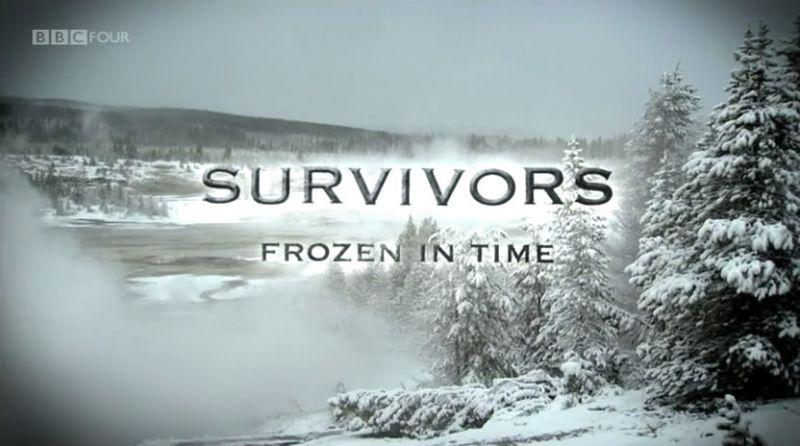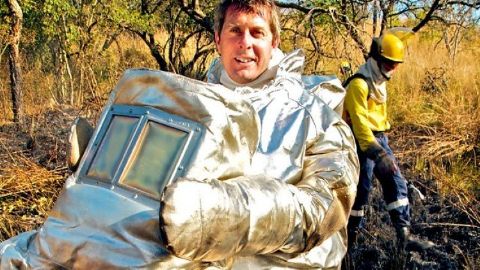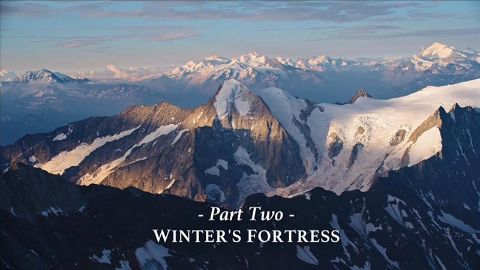Blazing Summer • 2016 • episode "S1E3" • Yellowstone: Wildest Winter to Blazing Summer
The story of animals surviving one of the harshest seasonal changes on the planet continues. It is summer and the Yellowstone beavers have a new challenge. Will the young survive as the river dries up and the colony is forced to move home? As food becomes scarce, wolves have a surprising strategy to keep their pups fed and grizzly bears are unexpected visitors on a cowboy ranch. By midsummer, the hot dry conditions create a new danger - deadly wildfires burn out of control and threaten to engulf a family of great grey owls. 2016 was the hottest year on earth since records began, and across Yellowstone scientists reveal the effects of rising temperatures on the animals that live here.
Make a donation
Buy a brother a hot coffee? Or a cold beer?
Hope you're finding these documentaries fascinating and eye-opening. It's just me, working hard behind the scenes to bring you this enriching content.
Running and maintaining a website like this takes time and resources. That's why I'm reaching out to you. If you appreciate what I do and would like to support my efforts, would you consider "buying me a coffee"?
Donation addresses
BTC: bc1q8ldskxh4x9qnddhcrgcun8rtvddeldm2a07r2v
ETH: 0x5CCAAA1afc5c5D814129d99277dDb5A979672116
With your donation through , you can show your appreciation and help me keep this project going. Every contribution, no matter how small, makes a significant impact. It goes directly towards covering server costs.








